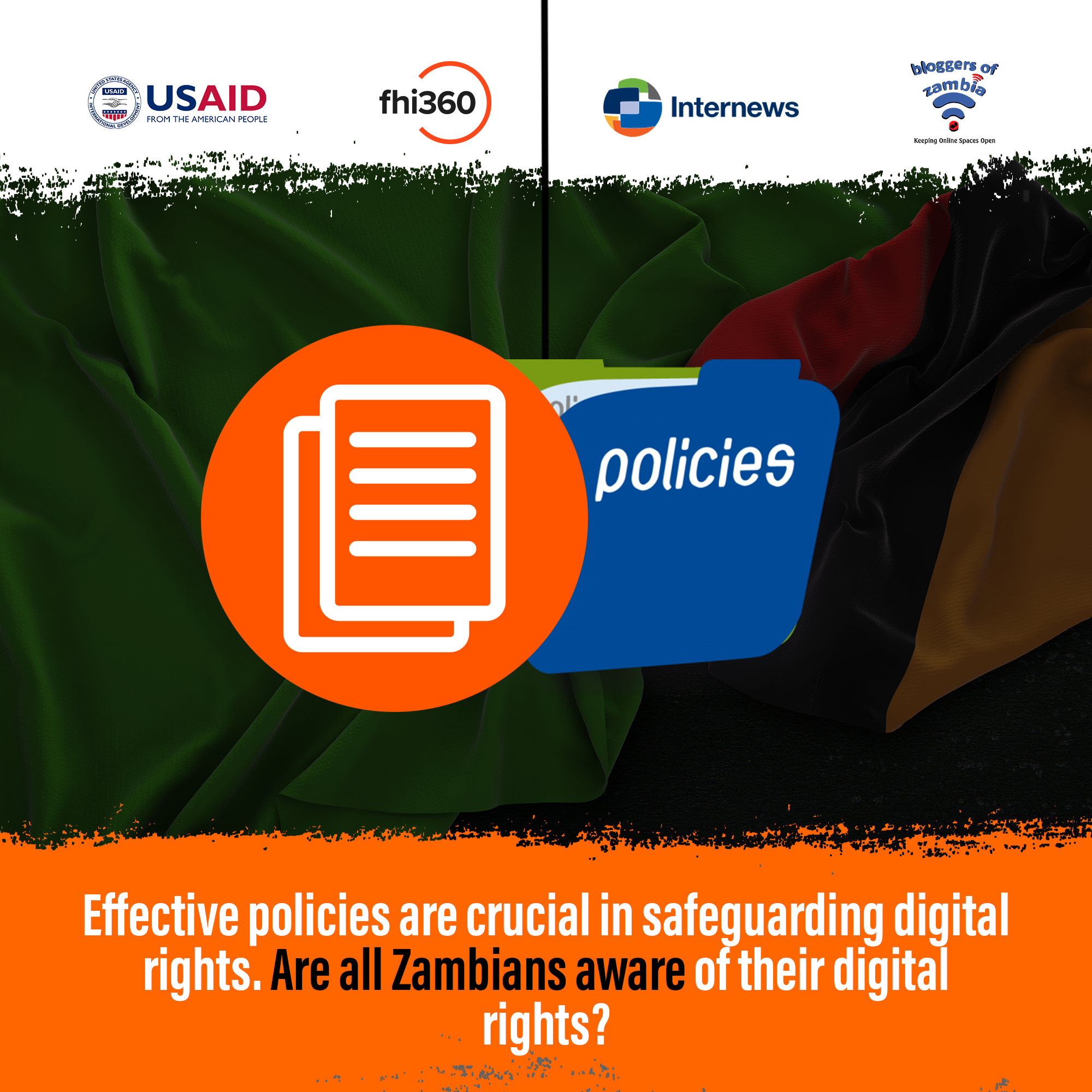‘Privacy is not an option and it shouldn’t be the price we accept for just getting on the internet’ – Gary Kovacs.
The coming of technology has made things easier in all sectors. It has made connecting with people easier whether clientele, citizens, family or friends regardless of location. Technology has made access to certain information easier with various search engines providing information from the keywords typed in.
However, the other side of the coin reveals something very different and disturbing. Despite technology having various advantages, everyone also has the right to privacy and is technology really helping on this front? Or perhaps its development has created confusion in understanding privacy as a fundamental human right.
In the digital age, where technology plays an integral role in our daily lives, the importance of data privacy cannot be overstated. With the increasing reliance on online platforms for communication, shopping, and social interactions, individuals are sharing more personal information than ever before. This convenience comes with a potential cost — the risk of online privacy breaches. Hence, in an era where technology is deeply integrated into our lives, prioritizing data privacy is paramount.
“How do I keep my body healthy generally? I know that I am supposed to bath, I am supposed to eat so even when it comes to data we should be aware.” says the Information and Communications Technology Association Of Zambia (ICTAZ) president Clement Sinyangwe during the commemoration of the 2024 Data Privacy day which was held under the theme ‘Taking Control of Your Data’.
“Technology is there that’s why as we do these technologies our aim is to ensure that we produce technology based on high ethical standings. We shouldn’t be producing software that may lead to other problems.”
Data privacy refers to the protection of personal information, ensuring that individuals have control over how their data is collected, used, and shared. It encompasses the right to keep one’s sensitive information confidential and secure from unauthorized access.
Despite the increasing awareness of the importance of data privacy, the trend of online privacy breaches continues to pose significant dangers to individuals and organizations.
“If I am going online and I find a form that requires my information I should ask myself what am I looking for against the information that is being sought from me, is it ok for me to put that information? If I see it not right I shouldn’t, but that comes now with a lot of awareness and sensitization so that people know,” Sinyangwe explained
“Also If I don’t have an email I have the right to say no to communicating through my personal email because I can’t be using my personal email for work-related issues because work-related issues even after I leave the person who will come and sit on my position will have rights to go through what I was doing.”
Speaking at the same event, Data Protection Commissioner Likando Luywa noted that at the corporate level, data fuels innovation as it drives valuable insights and advances research resulting in product development and job creation.
He emphasized the need to protect the privacy and safety of data of individuals stating that it is critical in the ecosystem.
“Data privacy and protection in business is key in gaining a competitive advantage, no wonder companies are prioritizing data privacy and protection as that helps to build their reputations for reliability and integrity. This, in turn, fosters customer confidence, and increased customer loyalty leading to business growth,” he said
However, he highlighted the downside of data privacy and data protection if mismanaged.
He said this can lead to reputational problems which in turn can affect the business.
In concurring with this, Michelle Mwinga a lawyer by profession who has taken a keen interest in digital rights and data privacy and protection said in events where people’s data is at risk, organizations ought to be transparent.
“Just imagine if your bank account details or your bank is breached, you would want to know if your account is safe. In terms of the reputation of the institution, like the commissioner said, they might think that their reputation is at risk but in fact, they are actually protecting their reputation by revealing this information and also revealing the next steps they are going to take to enhance the security going forward.” She said
Liyuwa further added that there is a need for the Data Protection Act to be enforced to increase the value of data to that of oil as the saying goes ‘Data is the new oil’.
He said April 2024 has been set as the date when enforcement of the Act will begin.
“This commitment is attested by the roadmap that has been drawn up. The Activities in the roadmap include the registration of data controllers and data processors in March 2024 followed by the licensing of Auditors in April 2024. Several activities will be undertaken and these include completion of regulations and guidelines, public sensitization to increase awareness, and self-assessments to mention some.” He said.
Revelling in the convenience and connectivity of the digital age is inevitable. However, with great innovation comes an even greater responsibility to protect what is most sacred—our privacy.
The dangers of online privacy breaches are not mere shadows; they are real and can cast a long-lasting impact on individuals and organizations alike. Embracing a culture of data privacy is not just a matter of compliance but a commitment to the fundamental rights and security of each digital citizen.

RELATED POSTS
5 November 2024|BY ONeil MbofwanaThe Impact of Electricity Rationing on Digital Rights in Zambia
In the age of rapid digital transformation, connectivity is more than just a convenience, it...
27 August 2024|BY adminBloggers of Zambia journey through the fact-checking revolution
Bloggers of Zambia’s five-month fact-checking and verification program with Code for Africa wasn’t just an...
24 June 2024|BY adminPARTLY FALSE: This statue wasn’t built from the ruins of a Syrian artist’s house
The image is a digital photomontage created by Syrian artist Tammam Azzam in 2012. A...
Write a comment
Search
CATEGORIES
The future belongs to those who believe in the beauty of their dreams.
Explore Portfolio
Popular Post
 National Assembly committees resumeJanuary 31, 2024
National Assembly committees resumeJanuary 31, 2024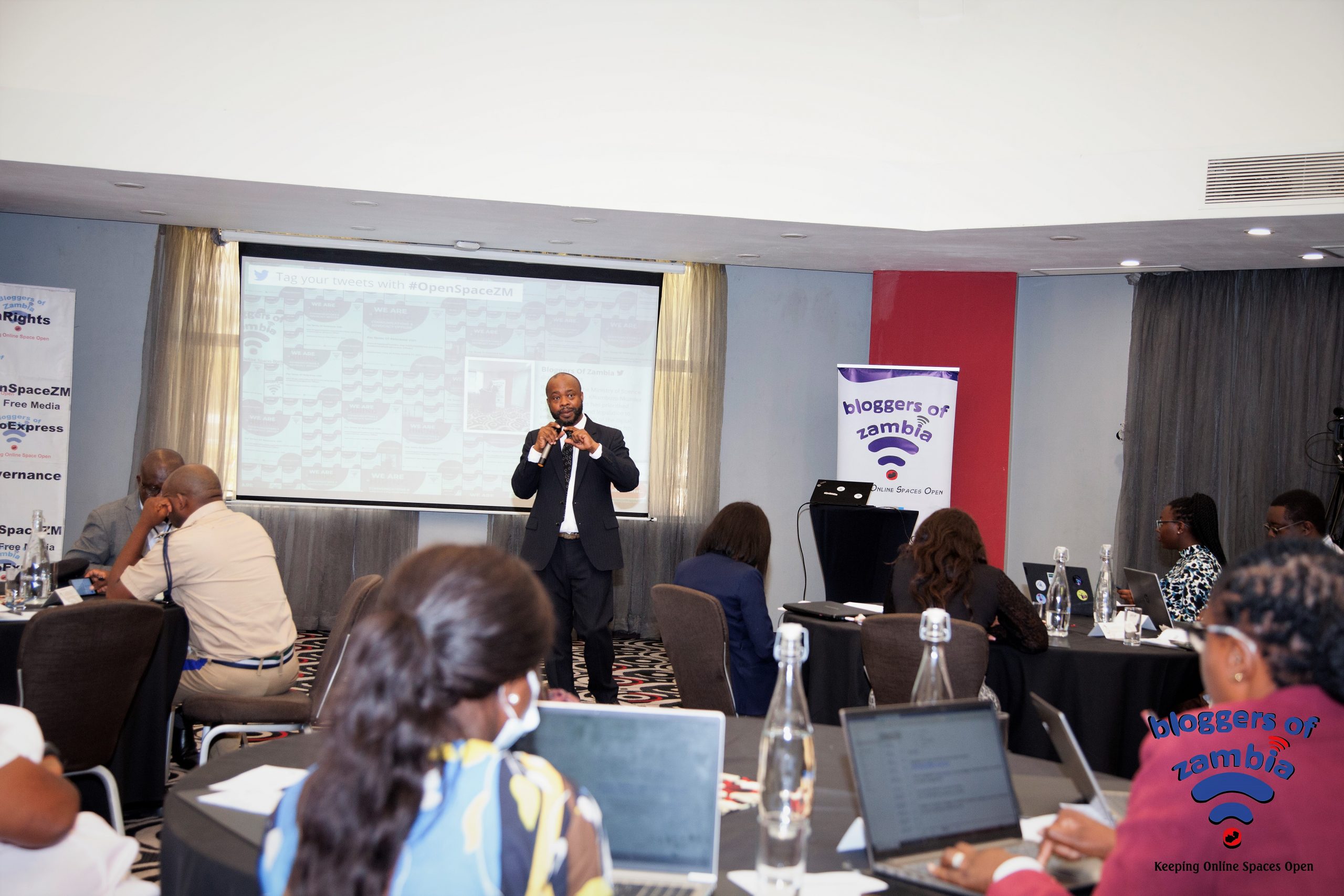 Multi-Stakeholder Meeting on the Zambia…February 23, 2023
Multi-Stakeholder Meeting on the Zambia…February 23, 2023 WE ARE HIRING: COMMUNICATIONS &…February 9, 2023
WE ARE HIRING: COMMUNICATIONS &…February 9, 2023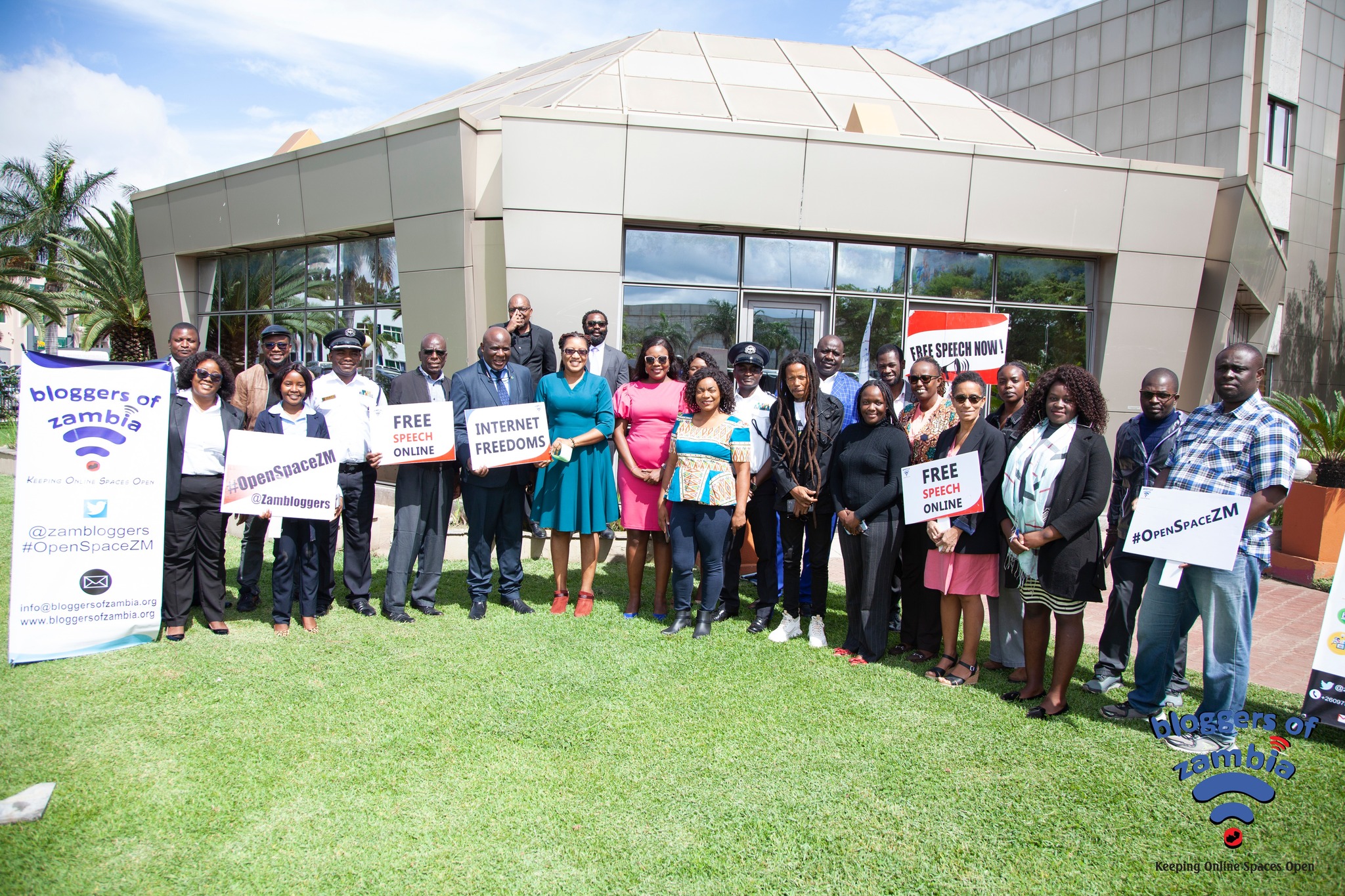 Panel Discussion on Leveraging Freedom…January 27, 2023
Panel Discussion on Leveraging Freedom…January 27, 2023 MEDIA INFORMATION AND LITERACY CONNECT…November 1, 2022
MEDIA INFORMATION AND LITERACY CONNECT…November 1, 2022- Motion Urges Government to Improve…October 12, 2022
- The Vice President in ParliamentOctober 7, 2022
- Today in Parliament of ZambiaOctober 6, 2022
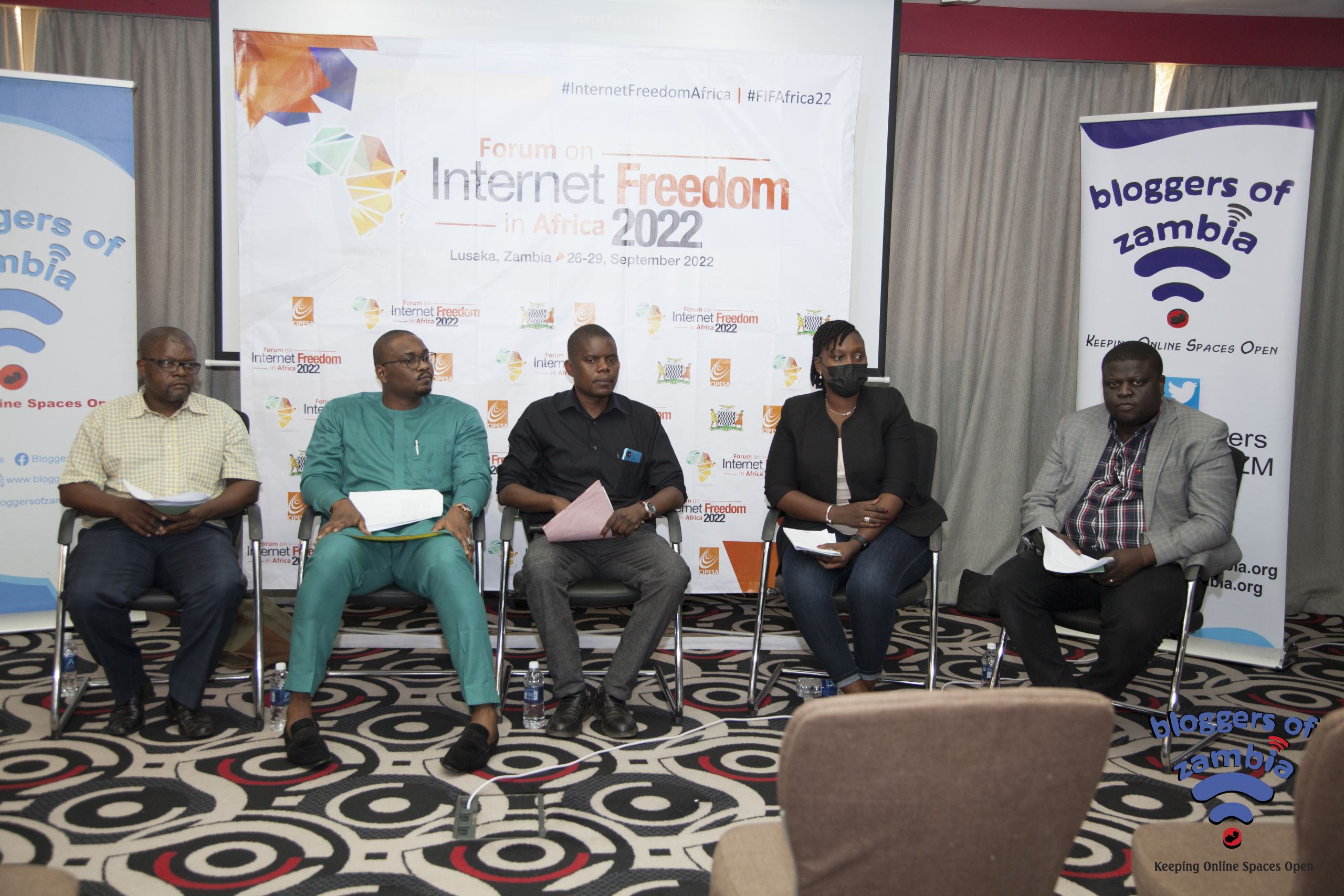 Forum on Internet Freedom Africa…September 29, 2022
Forum on Internet Freedom Africa…September 29, 2022- Zambia’s US$1.3 Billion Extended Credit…September 7, 2022
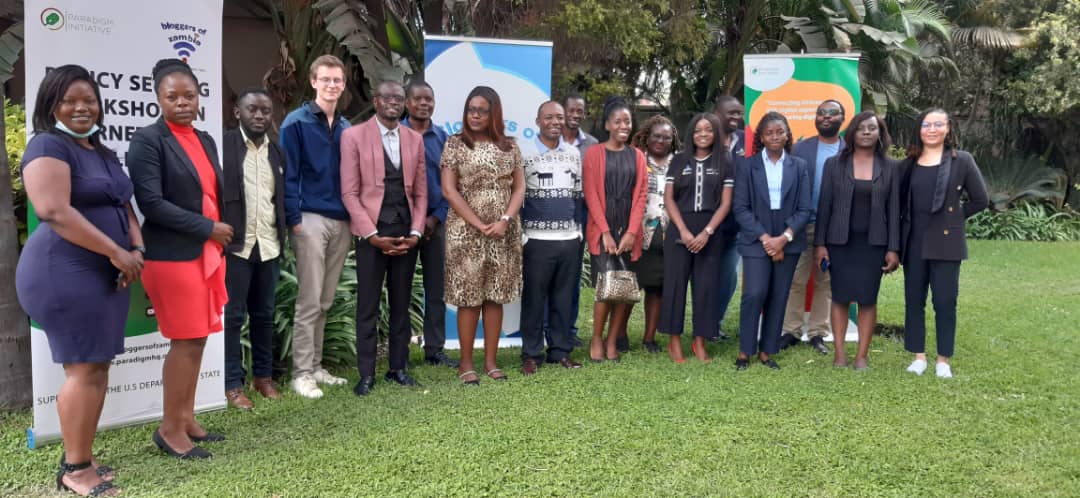 Shaping ICT Policy Workshop with…August 25, 2022
Shaping ICT Policy Workshop with…August 25, 2022 Meet-up for the CSO Networking…August 18, 2022
Meet-up for the CSO Networking…August 18, 2022- Covid-19 Preventive Measures Partially Lifted…August 16, 2022
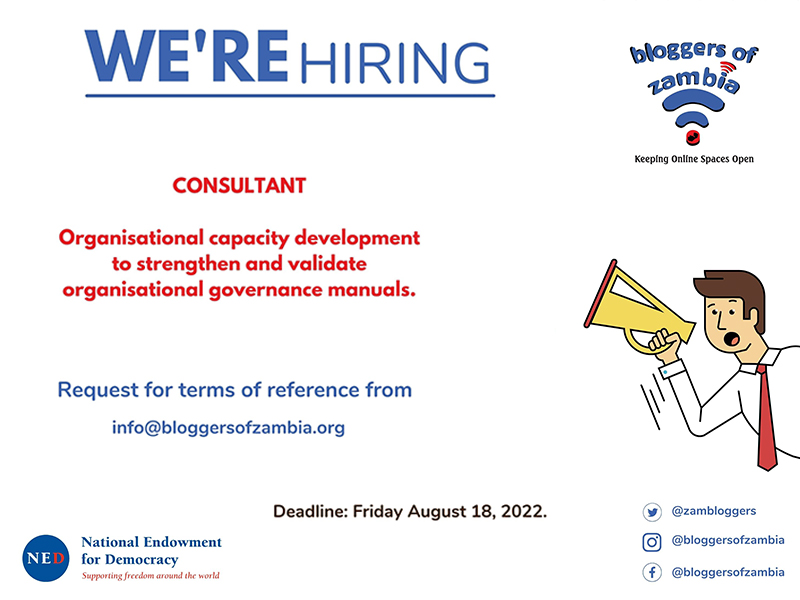 Organizational Governance Manuals ConsultancyAugust 15, 2022
Organizational Governance Manuals ConsultancyAugust 15, 2022 Digital Hub LaunchMay 4, 2022
Digital Hub LaunchMay 4, 2022 STAKEHOLDERS ROUNDTABLE ON FREEDOM OF…March 3, 2022
STAKEHOLDERS ROUNDTABLE ON FREEDOM OF…March 3, 2022 DEC FREEZES VALDEN FINDLAY’S ACCOUNTSAugust 19, 2021
DEC FREEZES VALDEN FINDLAY’S ACCOUNTSAugust 19, 2021 This is a standard post…August 18, 2017
This is a standard post…August 18, 2017 This is a standard post…August 18, 2017
This is a standard post…August 18, 2017 This is a standard post…August 18, 2017
This is a standard post…August 18, 2017 This is a standard post…August 18, 2017
This is a standard post…August 18, 2017
TAGS CLOUD
#OpenSpaceZM
2021 General Elections
Access to Information Law
Advert
Advertisement
Artistry
ATI in Zambia
bill
Blog
Bloggers
Bloggers of Zambia
Budget Debate
CIPESA
Conceptual
Constituency Development Funds
COVID-19
cyber-security
Cybercrime
Debate
Dr Situmbeko Musokotwane
Economy
Freedom of Expression
Hakainde Hichilema
IBA
Internet
Journalists
law
Legislation
Media
Media Freedoms
Media Rights and Freedoms
Ministry of Finance and National Planning Zambia
parliament
Parliamentary Submission
Patriotic Front
Politics
President Lungu
President of Zambia
Press Freedom
Prime TV
Surveillance
UPND
vaccines
World Press Freedom Day
Zambia
ARCHIVE
- December 2024 2
- November 2024 1
- October 2024 1
- August 2024 9
- July 2024 3
- June 2024 10
- March 2024 1
- February 2024 11
- January 2024 1
- October 2023 1
- September 2023 1
- August 2023 3
- June 2023 2
- March 2023 1
- February 2023 3
- January 2023 2
- November 2022 2
- October 2022 3
- September 2022 2
- August 2022 4
- July 2022 1
- June 2022 1
- May 2022 3
- April 2022 2
- March 2022 5
- February 2022 1
- January 2022 1
- October 2021 4
- September 2021 7
- August 2021 5
- July 2021 2
- June 2021 3
- May 2021 9
- April 2021 1
- March 2021 2
- November 2020 3
- September 2017 3
- August 2017 20
